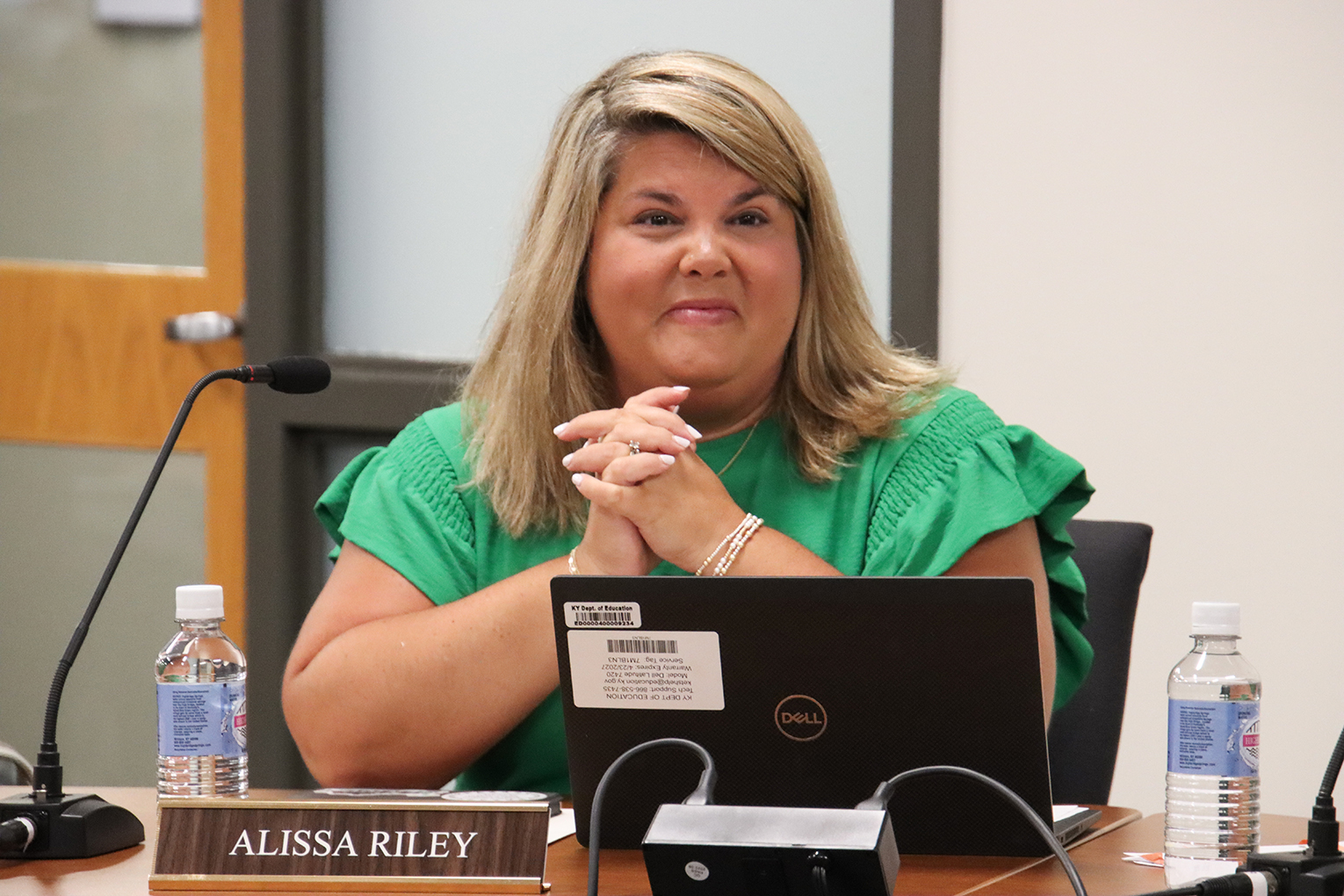By Ryan Mann
ryan.mann@scott.kyschools.us
With this year’s rollout of Kentucky’s new Teacher Professional Growth and Effectiveness System (TPGES), some of the biggest concerns I’ve heard from other teachers are over the “Peer Observation” section. Teachers have long been wary of administrators critiquing their classroom performance based on a brief observation, and adding a peer into the observation mix doesn’t necessarily ease those concerns. As structured in the new system, however, I believe that teachers will come to embrace the idea and will ultimately see positive results on their own classroom practice and in student learning.
The purpose of Peer Observation as stated in the TPGES guidelines is “for teachers to receive formative feedback from a peer to help improve their practice.” Observation data are shared only between the peer teachers and serve as “an opportunity for teachers to engage in collegial conversations concerning pedagogical practice.”
The teachers themselves are expected to drive the process, determine their own areas in need of growth, and focus feedback directly on those areas. While teachers are required to have just a single Peer Observation within their summative observation cycle, two or three observations are recommended to get the most out of the process.
The use of peer review in education is not new. Former American Federation of Teachers president Albert Shanker pioneered the concept in 1984 as a response to the “A Nation at Risk ” report. His plan called for skilled veteran teachers to observe the classrooms of novice teachers as well as tenured teachers who were found to be underperforming and to then either coach them to improve or to ultimately assist in approving their terminations, where necessary. At the time, this union concession was seen as a step toward making teaching into a self-regulating profession like law or medicine. The philosophy of the practice addressed a major flaw in the system that persists: teachers rarely see one another’s work and instead share limited anecdotal tips in meetings and discussions that are disconnected from a specific classroom setting.
As it stands, many teacher preparatory programs require graduates to spend a fairly limited amount of time in live classrooms under a veteran teacher’s guidance, where their only real experience and observation periods come in the form of practicums and a single semester’s worth of student teaching. This short exposure can give novice teachers an unrealistic view of the rigorous responsibilities of a teacher over the course of the school year, and the learning curve is steep when it comes to managing a classroom of your own for the first time.
By contrast, doctors in training routinely spend years in intern roles under the tutelage of licensed practitioners, and many law firms require new hires to serve in a variety of supporting roles before taking a lead on a case. This type of full-immersion on-the-job training for teachers can partially account for the high rate of attrition for new teachers in our state and around the country.
An obvious benefit of peer observation is that a peer mentor who has identified effective strategies through authentic experience can pass them on to novice teachers in an ongoing and meaningful way. From personal experience, it is far easier to hear and take feedback from a colleague than it is from an administrator who you feel holds the key to your continued employment, and the peer observation process can better prepare young teachers to handle feedback and observation from administrators in the future.
Peer observation is another step in elevating our profession in the eyes of the outside world. If teachers can be seen effectively mentoring and enabling growth in their peers without administrative intervention, our status as professional educators is raised. The rigorous demands of modern education require us to move away from the old idea of the classroom as a “black box” with teachers who are suspicious of outside scrutiny. We must instead embrace feedback and support from one another as we continue to lift our students to higher levels of achievement and competency.
Ryan Mann teaches reading and social studies at Anne Mason Elementary in Scott County. He also has served for two terms on the school-based decision-making council as the elected teacher representative, and he is a Hope Street Group Teacher Fellow.




Leave A Comment